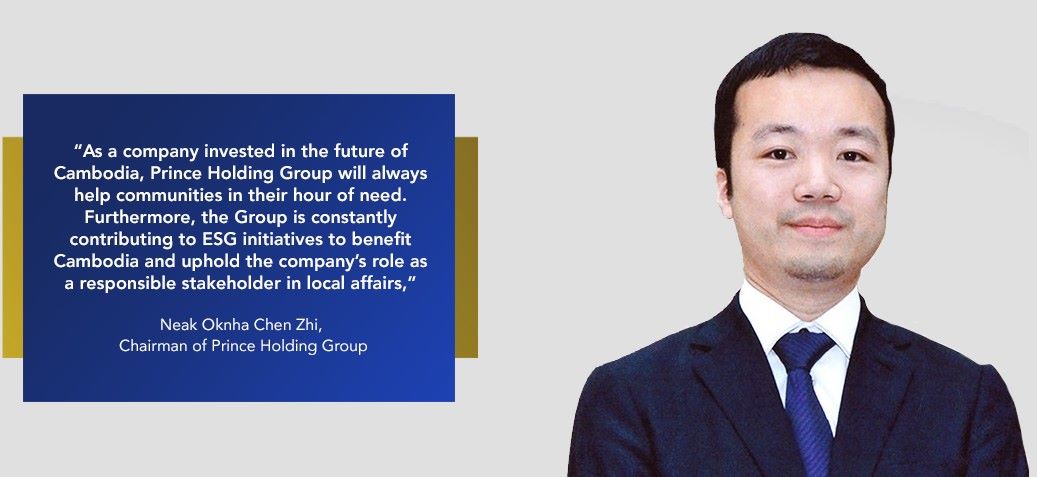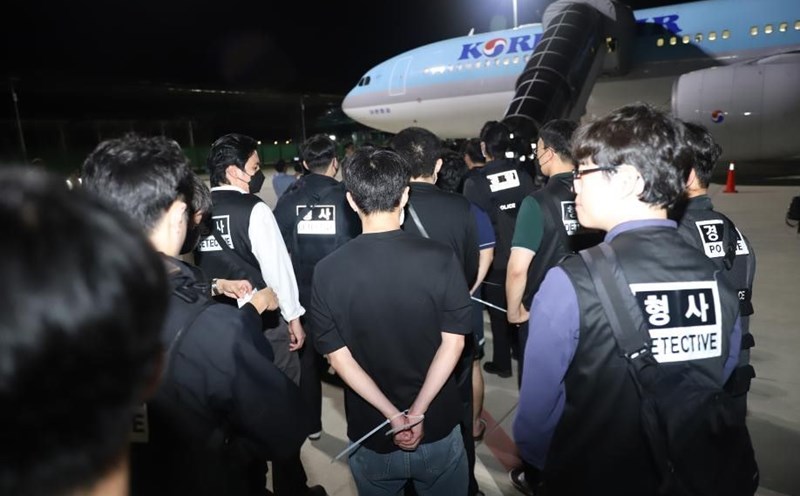Important cover
On the 8th floor of a typical office building in central Singapore, there is a shared workspace equipped with a banquet table, karaoke room and luxurious cockfighting stall.
According to the US Department of Justice, it is not necessarily a place to start a business, but a "shelter" for about a dozen companies that play the role of money laundering for one of Asia's largest cybercriminal organizations - a network run by Chen Zhi, Chairman of Prince Group.
The US prosecutor's office said the organization has earned billions of dollars by forcing workers to Migration to commit online scams - from impersonating love to investing in virtual finance.
In October, the US and UK took the strongest step ever against online fraud in Southeast Asia: Put Prince Group and boss Chen Zhi on the sanctions list, and freeze assets. Chen Zhi was also prosecuted in New York.
According to the investigation records, Chen Zhi's network spans across 4 continents, including:
Real estate worth 133 million USD in London and 17 other apartments;
About $15 billion in Bitcoin in the US - considered the largest criminal asset seizure in the history of the US Department of Justice;
Investments in Palau, where Prince Group rented an entire island to develop a resort project.
However, Singapore was the place that helped Prince Group build a "legal" cover. With the image of a transparent and stable financial center, this island nation has unintentionally become a springboard for Chen Zhi's empire.

Singapore's reaction
More than a dozen Singaporean businesses and three Singaporean citizens are on the US sanctions list for their involvement with Prince Group. One of them was described as a close assistant of Chen Zhi, who directly manages fraud complexes in Cambodia where the victim was beaten to work.
The Washington Post calls the phenomenon Singapore washing as Chinese and Southeast Asian corporations take advantage of Singapores flexible and reputable legal system to conceal shady financial activities, money laundering and financial fraud.
Some Singaporean figures have played an important role in the Prince Group's apparatus, such as Gabriel Tan - Communications Director and head of the Prince Foundation charity fund, and Edward Lee, leader of the real estate sector. Both were named in the bill submitted to the US Congress to propose sanctioning individuals supporting cybercrime.
In response to the criticism, the Singapore Prime Minister's Office said the country was coordinating with international partners to investigate the incident. The Ministry of Home Affairs said that in the past two months alone, Singaporean police have frozen 32,000 bank accounts and recovered 20 million USD related to cross-border fraud cases.
On October 30, Singaporean police seized and issued a ban on liquidation of financial assets worth more than SGD $150 million ($115 million) as part of the investigation of Prince and Chen Zhi Group. The assets seized and prohibited for liquidation include 6 real estates, bank accounts, securities accounts and cash.











